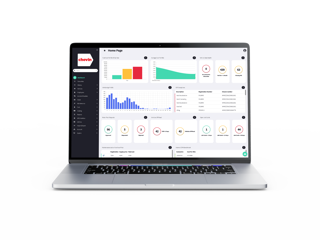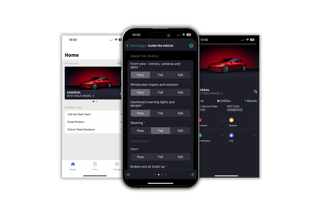Fleet managers are making more effective policy decisions as a result of better data analysis, according to Chevin Fleet Solutions.
In the past, explained David Gladding, sales director, there was a tendency to sometimes use operational data to underline existing policy decisions but improved data interrogation is leading to more radical change.
“A good example is the question of flexible vehicle replacement cycles, which we have started to see on a few commercial vehicle fleets in recent years,” he said.
“In the past, some fleets would tend to set fixed cycles of perhaps four years in an almost arbitrary fashion. It was simply believed to be the optimum cycle based on reliability and general wear. All of the day-to-day data that the fleet then generated from its fleet software and other sources would then be viewed within this framework.
“However, better data interrogation can provide a much better way forward. By ‘listening’ to the full range of information available, you might find that some of those vans are best replaced after three years while some will still be economic to operate after five. A one-size-fits-all approach was a blunt instrument.
“Certainly, we have fleets that have saved 23% on overall running costs over three years by adopting this kind of policy.”
Gladding added that similarly innovative approaches were being used by fleets in other areas of operation.
“A key area where this is happening is driver management. In a very real sense, drivers in some fleets are the last uncontrolled fleet variable, and looking at the data available about them and the way in which their behaviour affects everything from accident rates to residuals values can be very beneficial.
“We are also seeing more flexible and cost-effective approaches being adopted when it comes to service and maintenance, for example.”



















Login to comment
Comments
No comments have been made yet.